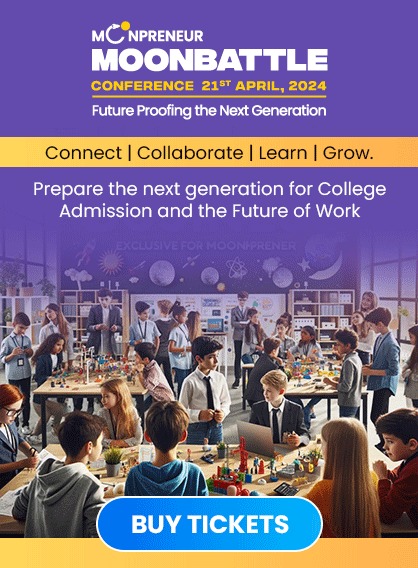
Hey there, grade-busters and knowledge ninjas! Ever wonder why those pop quizzes and final exams aren’t just about sweating out brain sweat (though they are)?
It turns out that these educational assessments are like little GPS trackers for learning, guiding us through the educational galaxy and helping teachers figure out the best routes to take. But their impact goes way beyond classrooms, shaping not just our grades but also our futures, the teachers’ sanity levels, and even the whole education system!
Recommended for reading: 5 BEST PRODUCTIVITY TOOLS FOR CHILDREN
Student Learning and Development

Educational assessments serve as valuable tools to gauge student learning and development. Standardized tests, classroom quizzes, and performance evaluations contribute to a comprehensive understanding of a student’s academic strengths and weaknesses.
This information, in turn, allows educators to tailor their teaching methods to address individual needs, fostering a more personalized and practical learning experience.
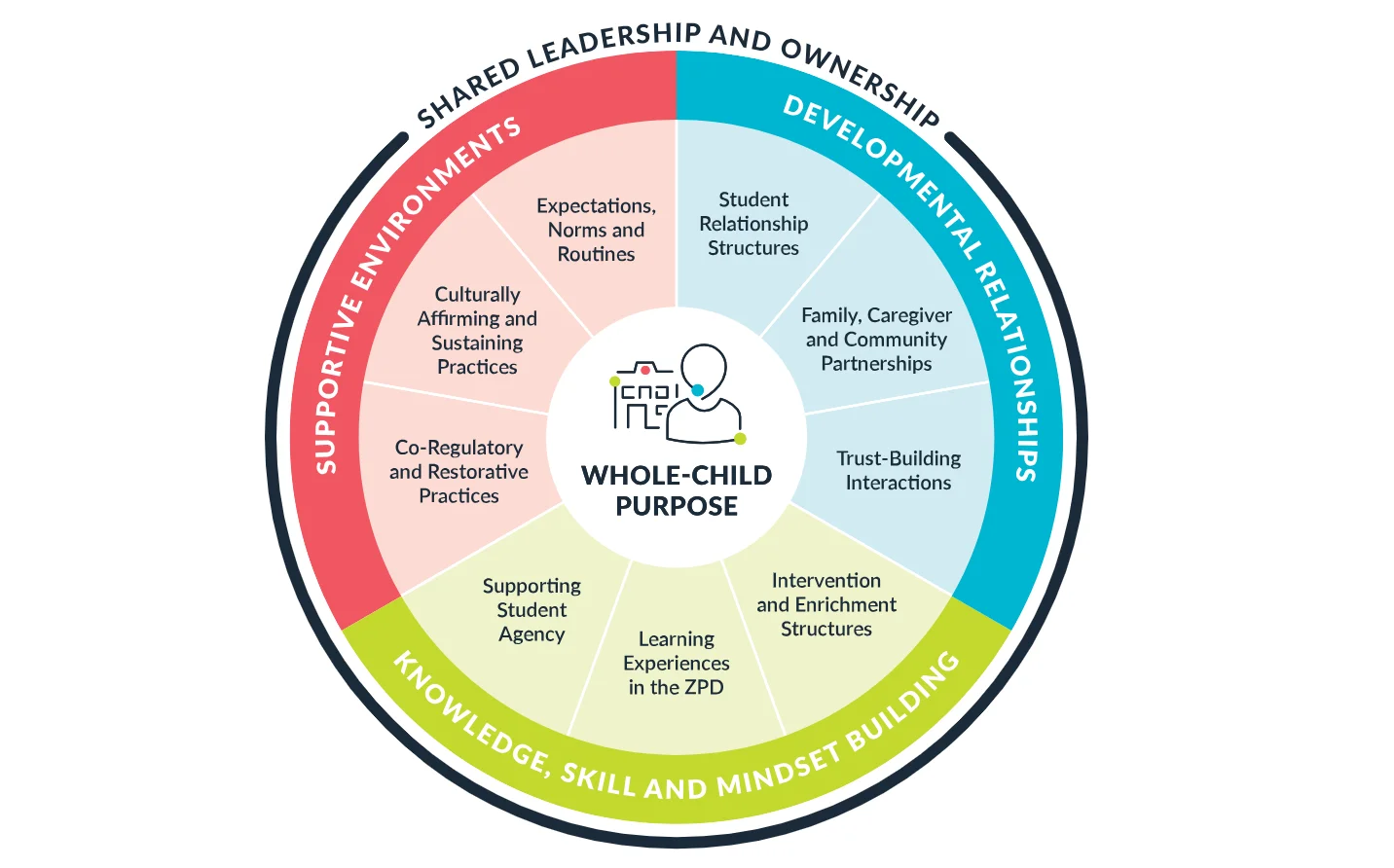
Image Source: turnaroundusa.org
However, it is essential to strike a balance between assessments and the broader educational experience. Overemphasis on high-stakes testing can lead to a narrowed curriculum and a focus on rote memorization rather than critical thinking and problem-solving skills.
Striking the right balance ensures that assessments contribute positively to student growth without stifling creativity and a holistic understanding of knowledge.
Recommended for reading: 10 SMART TIPS FOR CAREER PLANNING FOR KIDS
Teacher Accountability and Professional Development

Educational assessments are tools for evaluating students and assessing teacher effectiveness. Through student performance data, educators can receive feedback on the efficacy of their teaching methods and identify areas for improvement.
This accountability process promotes continuous professional development, helping teachers refine their instructional approaches to better meet their students’ needs.
However, the use of assessments for teacher evaluations must be approached with caution. Critics argue that overreliance on test scores may oversimplify the complex nature of teaching and learning. Therefore, a nuanced approach that considers various factors, such as classroom environment, teacher-student relationships, and innovative teaching strategies, is essential for a fair and accurate assessment of educators.
Recommended for reading: RATIONAL THINKING – A SKILL FOR YOUNG MINDS
Educational Policy and Resource Allocation

Educational assessments play a pivotal role in shaping educational policies at local, regional, and national levels. Data from assessments are used to identify trends, disparities, and areas of improvement within the education system. Policymakers rely on this information to make informed decisions about resource allocation, curriculum development, and educational reform.
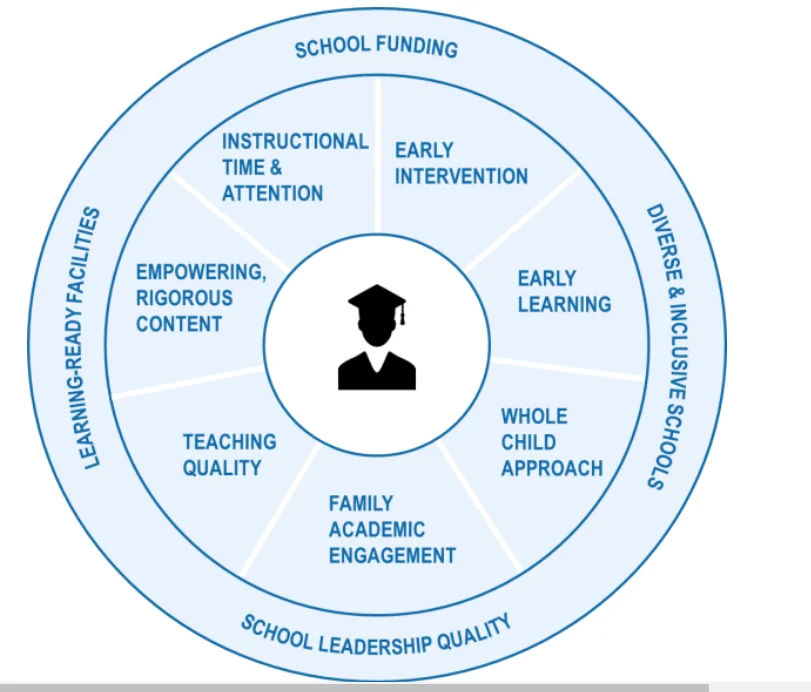
However, the impact of assessments on policy should be approached with a critical lens.
Policies driven solely by test scores may overlook essential aspects of education, such as socioeconomic factors, cultural diversity, and individual learning styles. Striking a balance between quantitative data and qualitative insights ensures that policies address the holistic needs of students and educators.
Recommended for reading: PASSION PROJECTS FOR HIGH SCHOOL STUDENTS
Global Competitiveness and Workforce Preparation
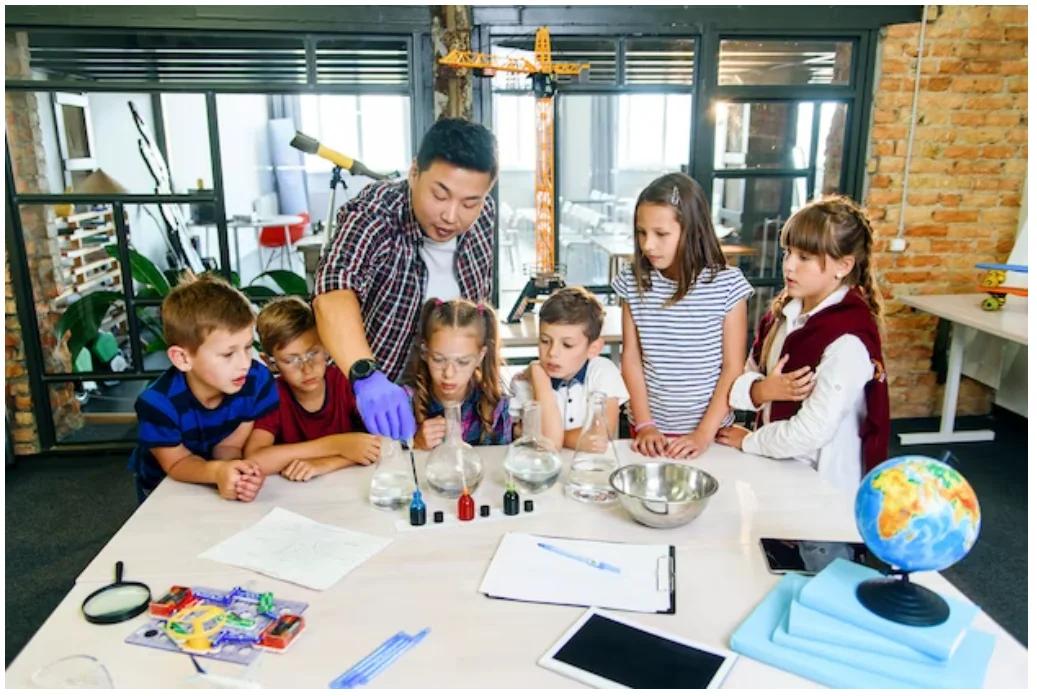
In an increasingly interconnected world, educational assessments can help position a country’s education system on the global stage.
Standardized tests and international assessments enable comparisons between educational systems, informing discussions about global competitiveness. Additionally, assessments help prepare students for the workforce by emphasizing skills deemed essential for success in the future job market, such as critical thinking, collaboration, and adaptability.
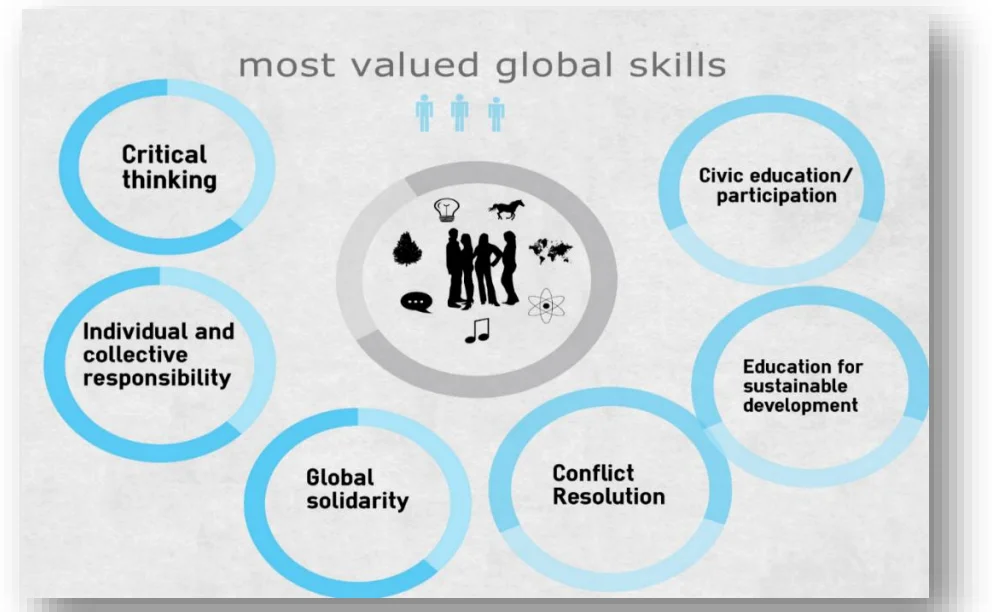
However, a narrow focus on test preparation may inadvertently sideline essential skills such as creativity and innovation. Striking a balance between foundational knowledge and the development of skills relevant to a rapidly evolving global landscape is crucial for preparing students for the challenges of the future.
Educational assessments, from standardized tests to classroom quizzes, are ubiquitous in today’s education landscape. While their primary purpose is gauging student learning and school performance, their real-world impact extends far beyond simple scores and rankings.
Recommended for reading: 10 INVENTION IDEAS FOR SCHOOL PROJECTS
Positive Impacts
- Improved learning outcomes: Assessments can provide valuable data on student strengths and weaknesses, informing targeted instruction and personalized learning plans. This data-driven approach can lead to improved learning outcomes for all students, especially those struggling or excelling.
- Teacher growth and development: Analyzing assessment data can help teachers identify areas for improvement in their teaching methods and strategies. This feedback loop can lead to continuous professional development and, ultimately, better teaching for all students.
- Accountability and transparency: Assessments can hold schools and educators accountable for ensuring students’ progress. This transparency can foster trust between parents, educators, and policymakers, leading to better resource allocation and support for schools.
- Identifying disparities and inequities: Assessment data can expose disparities in student achievement based on factors like socioeconomic background, race, and ethnicity. This awareness can inform policies and interventions aimed at closing achievement gaps and creating a more equitable education system.
Negative Impacts
- Teaching to the test: The overemphasis on standardized tests can lead to “teaching to the test,” where educators prioritize test preparation over in-depth learning and critical thinking skills. This can result in shallow understanding and rote memorization, ultimately hindering authentic learning.
- Increased anxiety and stress: High-stakes testing can create undue pressure and anxiety for students and teachers alike. This stress can negatively impact mental health and well-being, hindering learning and potentially leading to unfair assessments of student potential.
- Narrowing the curriculum: The focus on testable subjects can lead to a narrowing of the curriculum, neglecting important subjects like art, music, and physical education. This can deprive students of a well-rounded education and limit their exposure to diverse learning experiences.
- Misuse of data: Assessment data can be misused for harmful purposes, such as stigmatizing schools or labeling students. It’s crucial to ensure data privacy, ethical interpretation, and responsible use of assessment results.
Moving Forward
The real-world impact of educational assessments is complex and multifaceted. While they offer valuable insights and can drive positive change, their potential drawbacks must be acknowledged and mitigated. Here are some ways to move forward:
- Develop diverse assessments: Utilize a variety of assessment tools that go beyond standardized tests, including portfolios, projects, and performance-based tasks. This can provide a more holistic picture of student learning.
- Focus on formative assessment: Use assessments to inform instruction and provide feedback throughout the learning process, rather than relying solely on summative assessments for final grades.
- Prioritize learning over testing: Ensure that assessments are aligned with learning goals and used to improve teaching and learning, not just measure outcomes.
- Promote data literacy: Train educators and policymakers to interpret and use assessment data responsibly and ethically and avoid misinterpretations and harmful biases.
Conclusion
Educational assessments wield a profound influence on the educational landscape, reaching far beyond the classroom walls. While they provide valuable insights into student learning, teacher effectiveness, and policy formulation, a thoughtful and balanced approach is essential to ensure that assessments contribute positively to education without compromising the richness and diversity of the learning experience. As we navigate the evolving educational landscape, it is crucial to recognize the real-world impact of assessments and work collaboratively to harness their potential for the betterment of students, educators, and society as a whole.
Moonpreneur is on a mission to educate and ignite the flames of entrepreneurship through our holistically created online STEM programs, which will help kids master the futuristic sciences such as Robotics, Game Development, App Development, Advanced Math, Math-Quiz to test your kids knowledge and much more!!
Register for a free 60-minute robotics workshop today!












